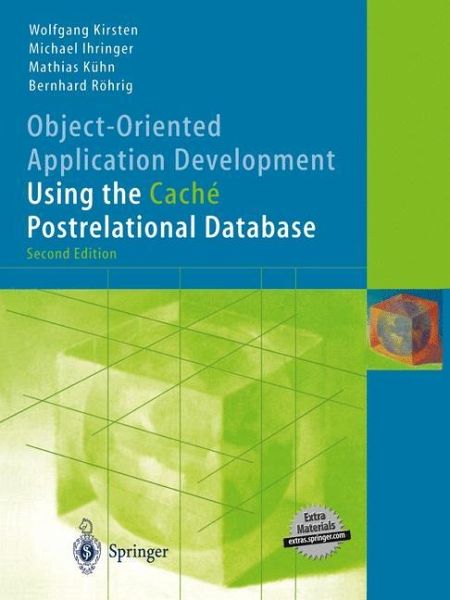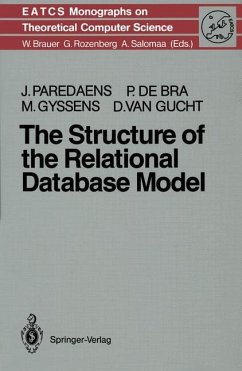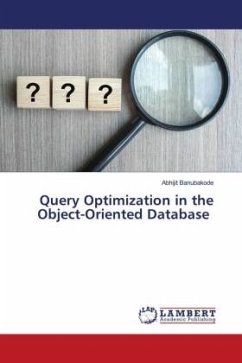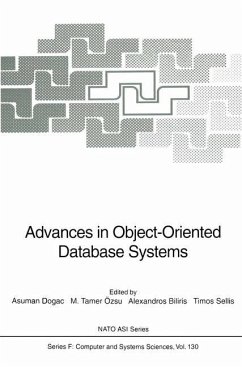
Object-Oriented Application Development Using the Caché Postrelational Database
Versandkostenfrei!
Versandfertig in 6-10 Tagen
38,99 €
inkl. MwSt.
Weitere Ausgaben:

PAYBACK Punkte
19 °P sammeln!
Nowadays, newly developed software packages are often obsolete already at the time of their introduction. Object-oriented software development is a possible-if not the only-solution to this dilemma: applications are modeled as software objects that describe the properties and the behavior of real-world entities. Such objects are encapsulated, in that they hide-behind a publicly known interface-the complexity of their internal data structures and behaviors. This enables objects to be used in a wide range of program packages without needing to know the details of their internal implementation.Li...
Nowadays, newly developed software packages are often obsolete already at the time of their introduction. Object-oriented software development is a possible-if not the only-solution to this dilemma: applications are modeled as software objects that describe the properties and the behavior of real-world entities. Such objects are encapsulated, in that they hide-behind a publicly known interface-the complexity of their internal data structures and behaviors. This enables objects to be used in a wide range of program packages without needing to know the details of their internal implementation.
Linking object-oriented modeled applications with a database places special demands on a database management system and development environment when the usual performance and semantics losses are to be avoided. This book provides a detailed description of the object model of the Caché postrelational database.
This second, revised and expanded edition includes the many new features of Caché 5. There is a comprehensive description of the new Caché Studio with its improvements for developing and debugging applications as well as a whole new chapter about XML and SOAP based Web Services. The chapters about Java, ActiveX and the SQL manager have undergone a complete revision.
Linking object-oriented modeled applications with a database places special demands on a database management system and development environment when the usual performance and semantics losses are to be avoided. This book provides a detailed description of the object model of the Caché postrelational database.
This second, revised and expanded edition includes the many new features of Caché 5. There is a comprehensive description of the new Caché Studio with its improvements for developing and debugging applications as well as a whole new chapter about XML and SOAP based Web Services. The chapters about Java, ActiveX and the SQL manager have undergone a complete revision.













